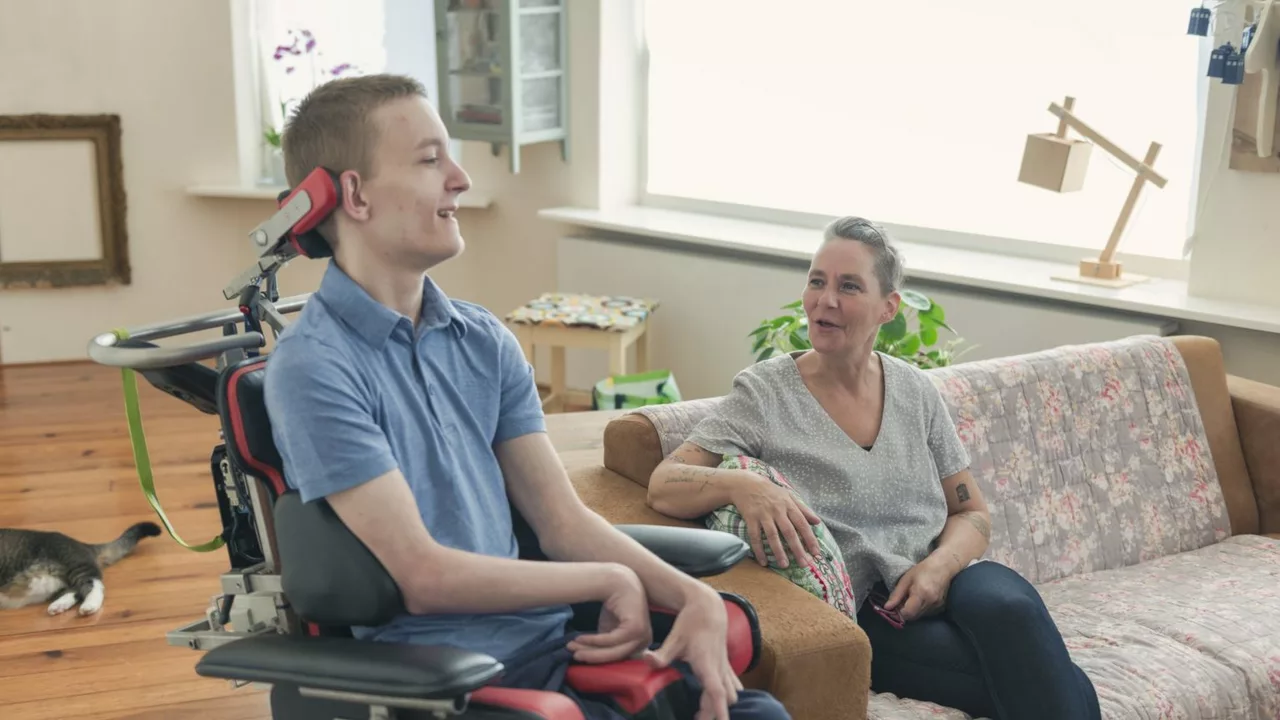Cerebral palsy: clear, practical advice for daily care
About 2–3 out of every 1,000 children are born with cerebral palsy (CP). If you’re caring for someone with CP, you already know it’s more than movement problems — it affects feeding, sleep, pain, and sometimes thinking or seizures. This page gives straight-to-the-point info on what matters day to day: common health issues, treatments you’ll hear about, and simple steps to make life safer and easier.
CP is a group of non‑progressive brain disorders that show up early in life. Motor signs like stiffness (spasticity), weak muscles, or uncontrolled movements are typical. Many kids and adults with CP also face problems with communication, swallowing, and bone health. Early therapy makes a real difference, so spotting delays and getting a plan fast helps.
Seizures are common in CP — roughly one in three people with CP may have epilepsy. Antiseizure meds such as levetiracetam or brivaracetam are used often; they work differently and have different side‑effect profiles. If seizures are part of the picture, keep a seizure diary and review medication effects with a neurologist. Our site has a plain comparison of levetiracetam and brivaracetam that can help you ask the right questions.
Spasticity — tight, overactive muscles — is a major concern. Treatments range from daily oral drugs (baclofen, tizanidine, diazepam) to injectables (botulinum toxin) and, in some cases, surgery or an intrathecal baclofen pump. Physical therapy, stretching, and proper orthotics should go hand in hand with any drug plan. Small gains in range of motion or comfort often mean big quality‑of‑life improvements.
Pain and sleep problems are too often ignored. Pain can come from muscle cramps, hip issues, reflux, constipation, or dental problems. Treat the cause when you can; short courses of pain meds or neuropathic agents like gabapentin can help for nerve‑related pain. If you’re considering buying any meds online, follow safe pharmacy checks and keep your prescriber in the loop.
When to contact a specialist
Call your doctor if you see new weakness, loss of skills, sudden worsening of spasms, frequent or prolonged seizures, trouble breathing, or major feeding changes. A multidisciplinary team — neurologist, physio, occupational therapist, speech therapist, and orthopedist — gives the best outcomes. Regular follow‑ups mean small problems don’t become big ones.
Practical tips for everyday care
Keep a simple health notebook: meds and doses, sleep and seizure logs, and any new symptoms. Make sure vaccinations are up to date and check vitamin D and bone health with your doctor. For meds: know common side effects (drowsiness, balance issues, mood changes), avoid mixing without advice, and use one trusted pharmacy. Adaptive equipment (wheelchairs, feeding aids, communication tools) changes independence more than many medical treatments.
If you want more focused info, check our guides on epilepsy meds, gabapentin, and spasticity options. None of this replaces a clinician’s advice — but being informed helps you ask better questions and get care that matches real life, not just textbook descriptions.


The importance of dental care for individuals with cerebral palsy
- 14 Comments
- Aug, 1 2023
Hey there beautiful people! Just had an enlightening dive into the world of dental care, especially for our buddies living with cerebral palsy. Now, it's no secret that a radiant smile can brighten up any room, and it turns out, our pals with CP need a little extra TLC to keep their pearly whites shining. You see, because of their unique muscular challenges, maintaining oral hygiene can be a bit like trying to juggle while standing on a unicycle - not impossible, but definitely tricky! So, let's cheer on our brave friends as they tackle their dental adventures, because a healthy smile is a happy smile, for everyone.




